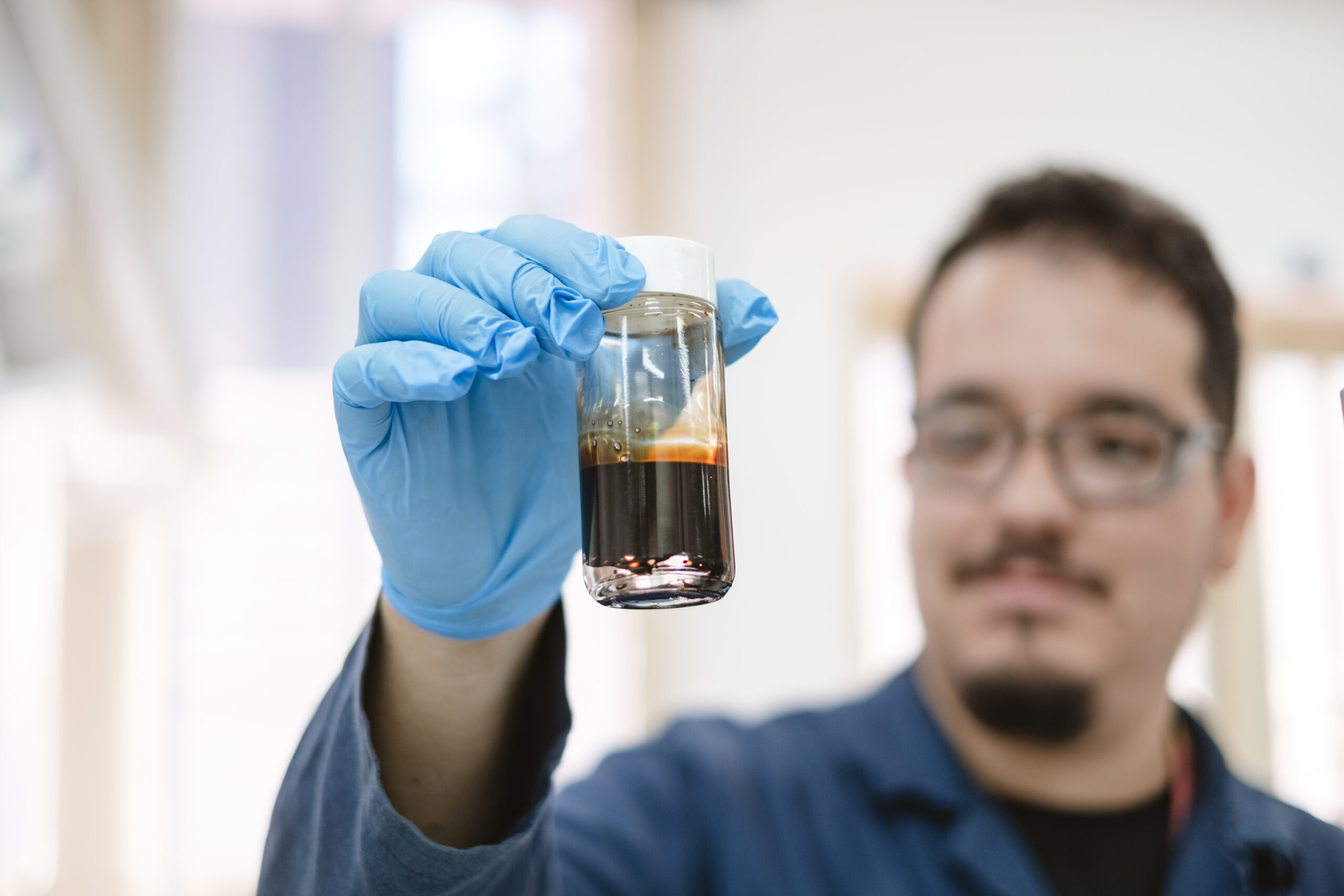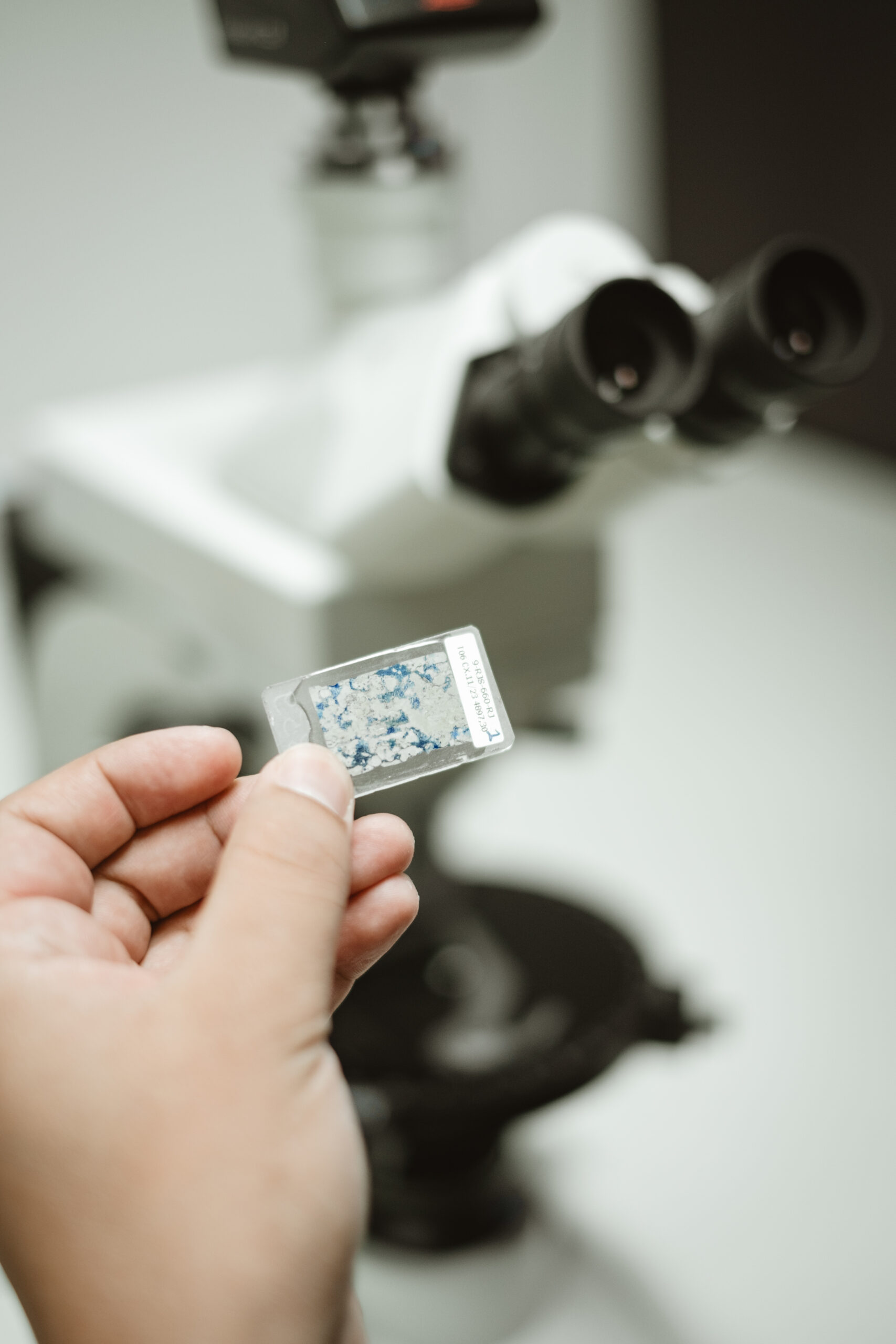
In December 2023, EPIC began its second five-year period (out of a total of ten years), known as Phase 2. During this period, our research activities in oil and gas exploration and production will be developed along four main research lines:
Research Line 1: Reservoir Management, which aims to optimize oil production through numerical reservoir simulation models;
Research Line 2: Artificial Lift, which aims to optimize oil production through studies on artificial lift and flow assurance;
Research Line 3: Reservoir Characterization, which aims to conduct the geological characterization and modeling of carbonate reservoirs of the Brazilian pre-salt;
Research Line 4: Integrated Reservoir Studies, which aims to leverage the knowledge and techniques developed in the other EPIC research lines to propose integrated solutions.

To this end, we have a multidisciplinary team composed of professors and researchers from several units of the University of Campinas (Unicamp) and the University of São Paulo (USP) to lead research activities and guide student training.
We believe that the partnership between academia and industry is essential for the development of applied solutions. Thus, Unicamp, USP, and Equinor have been collaborating within EPIC, seeking to integrate experience in operational challenges with academic research, thereby generating high-quality and impactful solutions.
Our History
The Energy Production Innovation Center (EPIC) is the result of a 2017 FAPESP/Equinor call for proposals, aimed at creating a Research Center in Engineering focused on reservoir management and production in oil and gas fields.

Headquartered at Unicamp, which has hosted graduate programs in petroleum engineering and geology for over thirty years, EPIC began its activities in February 2019. Its goal is to develop innovative solutions for the optimization and management of oil and gas production, aiming to increase efficiency, control, and automation in the recovery and exploration of resources in offshore fields. With more efficient processes and equipment, the goal is to enhance recovery with lower energy consumption and, consequently, reduced carbon emissions.
Equinor aims to reduce its carbon emissions from energy production by more than half by 2050, compared to 2020 levels. Globally, the company expects to achieve carbon neutrality in its operations by 2030. In this context, the partnership with EPIC has led to the research and development of technologies and solutions that support the ambitions for increased energy efficiency, as well as the training of human resources in Carbon Capture, Utilization, and Storage (CCUS).
EPIC's funding is divided into two five-year phases, with Phase 1 concluded in December 2023 and Phase 2 starting thereafter. During Phase 1, the research conducted at EPIC resulted in the publication of 38 scientific papers in indexed journals and 63 at national and international conferences and symposia. Regarding human resource training, this period saw the completion of 6 undergraduate theses, 12 scientific initiation projects, 11 master’s dissertations, 6 doctoral theses, and 10 postdoctoral fellowships.
The main results of EPIC are presented at the EPIC Conferences, annual public events where, in addition to technical presentations of the research developed at the center, we have plenary sessions and roundtables with renowned professionals from both industry and academia. More information about previous editions of the EPIC Conference can be found on the events page.

